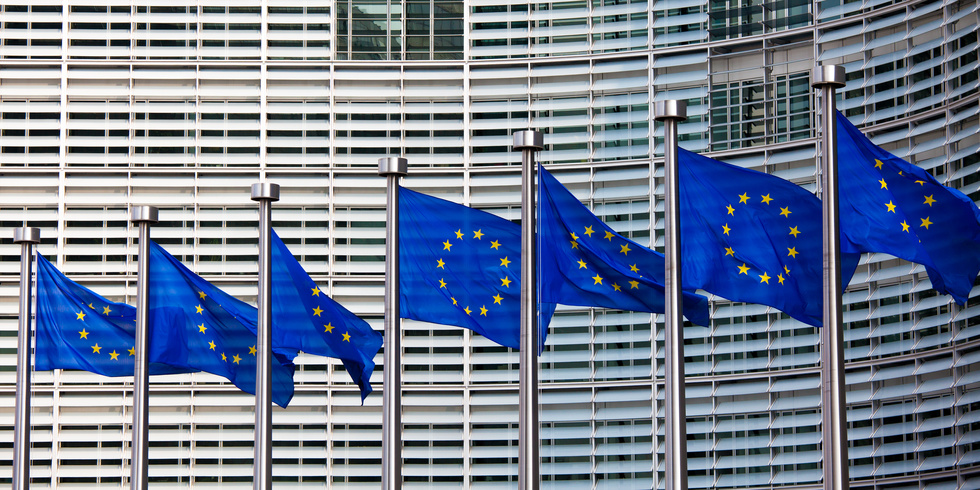On June 9, 2022, the European Court of Justice (ECJ) issued its decision in case C-599/20 (Baltic Master UAB). This case provides more clarity on the concept of related persons, which allows customs authorities to disregard the transactions value and instead use different valuation methods to determine the customs value of imported goods. EU customs law provides for an exhaustive list in determining when (legal) persons are related and in which situations customs authorities can substantiate such a relationship.
Baltic Master imported parts of air conditioning machines in Lithuania classified using one single TARIC code. The transaction value method was used to determine the customs value of the goods at import.
The Buyer and Seller were not part of the same group. However, they were linked by a long-term commercial relationship. In addition, there was an absence of purchase agreements, no clear terms of payments and debts of Buyer towards the Seller. The Lithuanian Customs therefore suspected the existence of a relationship of trust that influenced the price. They therefore took the position that as related persons the transaction value could not be used and instead made use of the prices of comparable goods available in their national database.
The ECJ stated that, as a general rule, the customs value must be determined primarily according to the ‘transaction value’ method of the imported goods. That method of determining the customs value is assumed to be the most appropriate. For the transaction value to be disregarded, two cumulative conditions should be met:
- the buyer and the seller are related and
- the transaction value is not acceptable for the purposes of determining the customs value.
As regards persons deemed to be related, the ECJ confirmed that it is important to distinguish between, on the one hand, de jure control, and on the other, de facto control.In this respect, the ECJ ruled that a de jure control does not exist if there is no document which makes it possible to establish such a relationship. For de facto control to exist the ECJ ruled that a relationship of trust between parties is not sufficient. Customs authorities will have to demonstrate that a party exercises legal or operational constraint or direction over the other, which is for the referring court to confirm based on evidence provided by parties. Only when this constraint or direction is apparent and that the transaction value is not acceptable, can the transaction value be disregarded by Lithuanian Customs.
The ECJ ruled also that – if the referring court found that parties were related after all – customs authorities could use – as an alternative customs value method – prices of comparable goods available in their national database, although the goods might not be exactly similar. The goods must however be ascribed to the same TARIC code and have the same origin.





